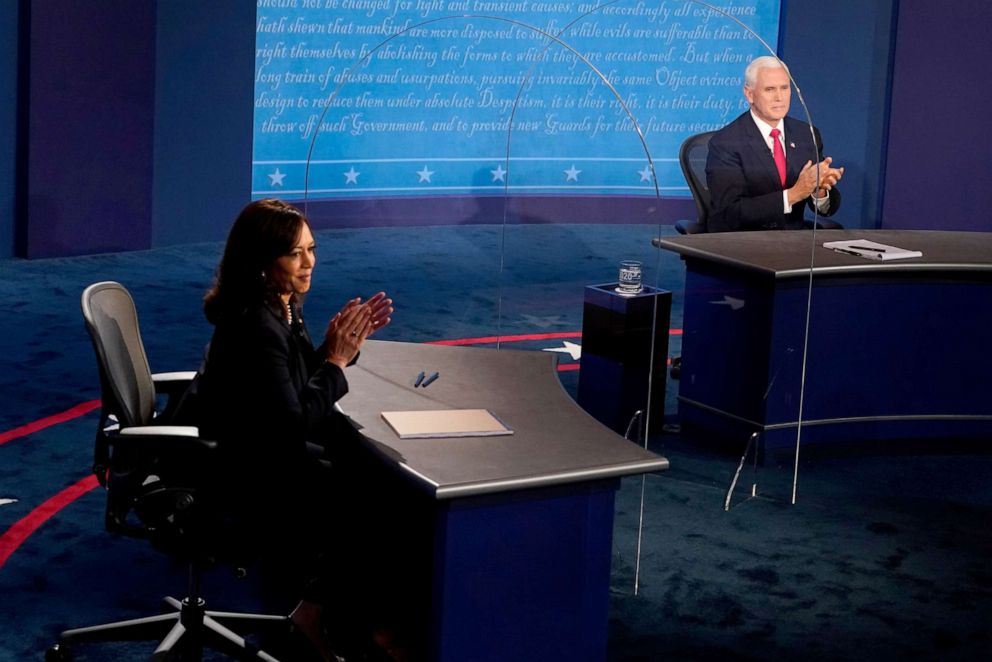PENCE'S CLAIM: Pence said that Trump's decision to impose travel restrictions from China, ultimately "bought" the U.S. "invaluable time" to save hundreds of thousands of American lives, reinvent testing capacity and deliver billions of supplies to doctors and nurses.
FACT CHECK: Although the U.S. has conducted more COVID-19 tests than any other country, according to experts, testing capacity is still not vast or fast enough to serve all the people who need to get a test.
Additionally, although billions of items of personal protective equipment, or PPE, have been delivered to frontline workers across the country, the United States continues to experience shortages of PPE and testing supplies, according to a Sept. 21 report from the U.S. Government Accountability Office.
In April, Trump said that the U.S. would be conducting up to 5 million tests per day, "very soon." However, the national 7-day average of coronavirus tests has yet to surpass 1 million, according to the COVID Tracking Project.
To date, the U.S. has conducted over 120 million COVID-19 tests, according to the Centers for Disease Control and Prevention.
More testing will, of course, identify more cases.
However, according to data compiled by Johns Hopkins University, there are several countries that have conducted more testing per capita than the U.S., but also have fewer cases per capita than the U.S. does -- such as the U.K., Spain and the United Arab Emirates. Those figures reflect all-time averages of daily tests conducted per capita -- and the daily percentage of tests that come back positive, which is known as the "positivity rate" or the "percent positive rate."
Despite having one of the highest rates of tests per capita, the U.S. faces the largest outbreak in the world and new cases continue to trend upward in many states. The percent positivity in the U.S. remains over 4.7%, when other countries with high testing figures report a significantly lower percent positivity rate, according to Johns Hopkins.
Meanwhile, the shortages of PPE and testing supplies are due to high global demand and the fact the domestic production of supplies is limited. According to the Government Accountability Office, "testing supply shortages have contributed to delays in turnaround times for testing results.
ABC News' Arielle Mitropoulos
"Delays in processing test results have multiple serious consequences, including delays in isolating those who test positive and tracing their contacts in a timely manner, which can in turn exacerbate outbreaks by allowing the virus to spread undetected," the report read.
--ABC News' Arielle Mitropoulos





